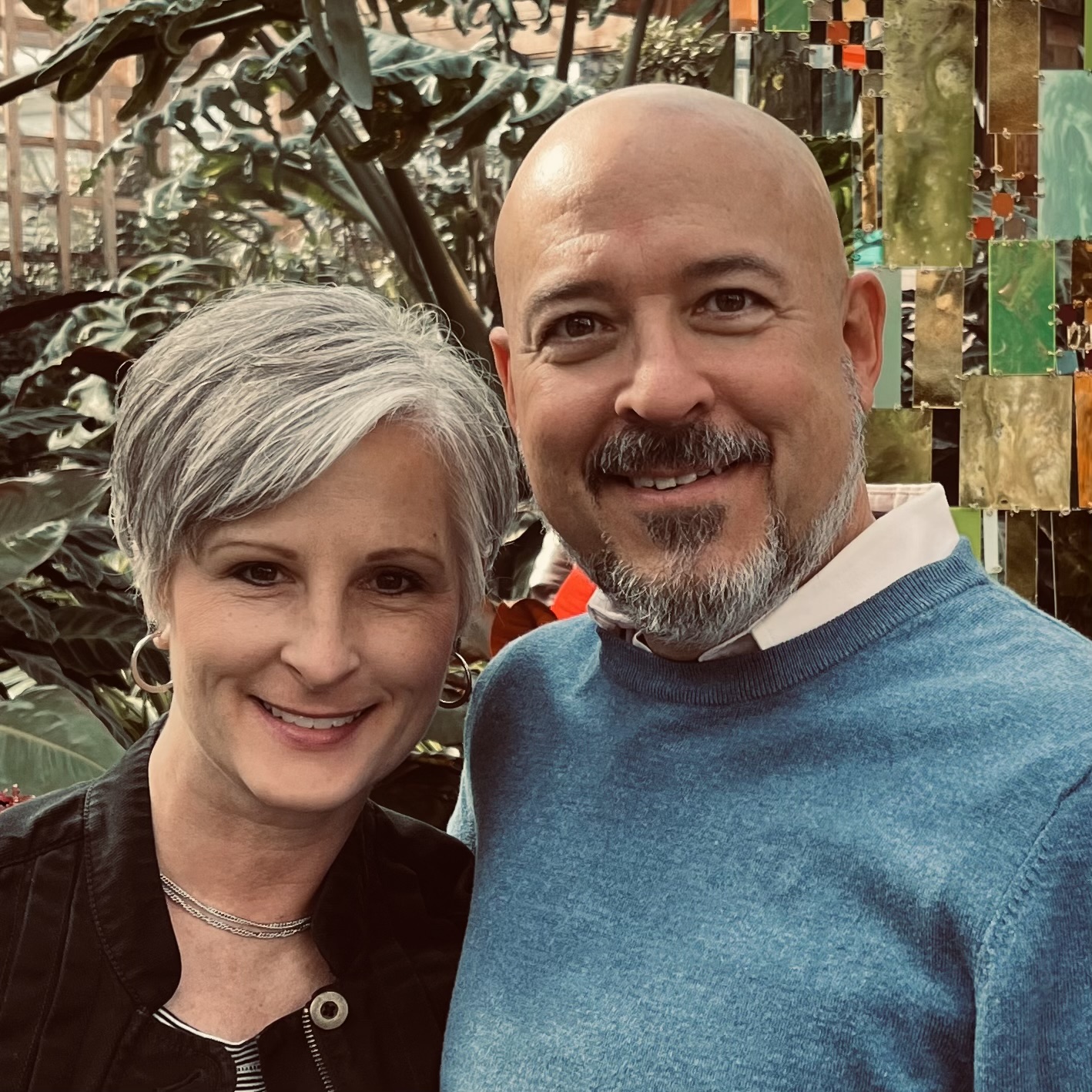 Awhile ago I wrote a piece that that went crazy. In case you missed it, you can find it here… LGBT: It’s All or Nothing. If you didn’t think this was an important issue… clearly, it is. For those who are interested, I thought we could dig down a bit today. This is a re-post that contains years of my own study and thought on the issue. Not coincidentally, several of the responses that follow are from friends of mine who happen to be gay. Grab a cup of coffee. This will take a minute.
Awhile ago I wrote a piece that that went crazy. In case you missed it, you can find it here… LGBT: It’s All or Nothing. If you didn’t think this was an important issue… clearly, it is. For those who are interested, I thought we could dig down a bit today. This is a re-post that contains years of my own study and thought on the issue. Not coincidentally, several of the responses that follow are from friends of mine who happen to be gay. Grab a cup of coffee. This will take a minute.
———————————————————————————————————————————-
The very unusual length of this post (at least by my standards) demonstrates the complexity of this issue. I have friends who think this is a simple discussion. I would challenge you to re-think your position.
Clearly this is a topic that is super-charged with opinion and emotion… within the church and in the greater community. The left would say love and acceptance is the way of Jesus. All the while the right would point out the texts on the topic that seem to deal merely with condemnation.
I prefer a sandwich approach to the discussions. Admittedly this is more than a little corny. But I think you’ll see where I’m trying to go with this. While a Truth Sandwich certainly sounds best to my lofty view of Scripture, instead I have chosen the Love Sandwich from the spirit of Ephesians 4:15.
Allow me to develop the sandwich analogy a bit. You’ve probably had a sandwich that was mostly bread. Not so tasty, right? Why not? It’s not really what a sandwich is made for. Bread is good. Necessary for a diet even. But a sandwich implies that there is something else in between the slices of bread. In fact, we name it a _______ sandwich. What goes in the blank depends on your vegetarian/meatetarian inclinations. But the point is the same. The sandwich is known for what is in the middle.
In developing my position on the gay and lesbian discussion from a Christian perspective, I am seeking to be thoroughly biblical and surrounded – on both sides actually – by truth. However, what I want to be known for in this discussion is by what is in the middle. I want even my truth to be flavored by the love. Hence, the Love Sandwich.
Here are a few other cursory reasons:
1. most gays and lesbians are already familiar with the truth as the Bible states it
2. most gays and lesbians have not experienced much (if any) Christian love
3. while the truth may set you free, it is the kindness of God that leads us to repentance
For starters when I began full-time Christian ministry 17 years ago I had zero friends who I was sure were gay or lesbian. That was my fault and part of the culture I was raised in. It’s not that I didn’t have any gay people around me growing up… I did. I just didn’t want or know how to relate to them. So I ignored that part of their reality and put my friendship with them mostly off limits… at least for that phase of my life. In the last few years I have been able to renew some of those friendships and begin to right some of those wrongs.
When you have friends who are gay and lesbian it takes the conversation to a whole new level. In fact until I started reaching out to people who are gay and lesbian, I’m not sure I really thought about it all that much. When you start to listen, you hear their stories of the hatred and bigotry they have had to endure. And while the Matthew Shepard story may sound like an extreme, most gay and lesbian people have experienced vitriolic hatred that is similar in kind. They almost daily endure denigrating speech and mistreatment. It was from this place that I began to really think about what it meant to have a truly Christian perspective related to the gay and lesbian discussion.
So what does it mean to have a truly Christian perspective? Here’s how I have begun to digest it. Typically I hate lists for several reasons. Among them is that people almost always take them to be all-inclusive… even if the list-er says they’re not. The only reason I have chosen to use a list format here is to show the division and separation of items in my thinking. I have chosen to use a somewhat chronological approach. In other words, I generally think of the things mentioned here in this order…
1. I know there are some ultimate conclusions that I am going to have to draw from the data that I am able to mine from the Scriptures.
2. I know that I don’t know what it means or feels like to be gay.
3. I know that the gay and lesbian communities have, generally speaking, been treated horribly by the evangelical church.
4. I know that God created man in His image and as such all human beings have equal value… that is a truly pro-life position.
5. I know that the Scriptures have been, at times, confusing and at other times, silent messages about gay and lesbian issues.
6. I know that the Scriptures ultimately seem to disapprove of same-gendered sexual relations in similar fashion to the way it disapproves of inappropriate heterosexual relationships – i.e. (but not limited to) adultery.
7. I choose to live with this tension and maintain loving friendships with gay and lesbian friends… whether or not they ever become not gay.
8. I do so based on the teaching of Jesus. Because I am a follower of Jesus I do not believe that someone’s choices/persuasions/propensities give me an excuse to bad-mouth, slander or do anything but love every person made in His image.
So what is the Christian thing to do? Most of us have been content to arrive at a position that we feel can make us right before God. While there are plenty of theological difficulties with that approach, allow me to address the practical problem. If all we do is identify what we think God’s mind is on this issue (which by itself is a pretty hefty claim), I believe we fall short because it fails to offer any solutions regarding how we treat those who do not agree with our findings for whatever reason.
I challenge all of us who follow Jesus to have a thoroughly thought-through and equally biblical, practical perspective.



